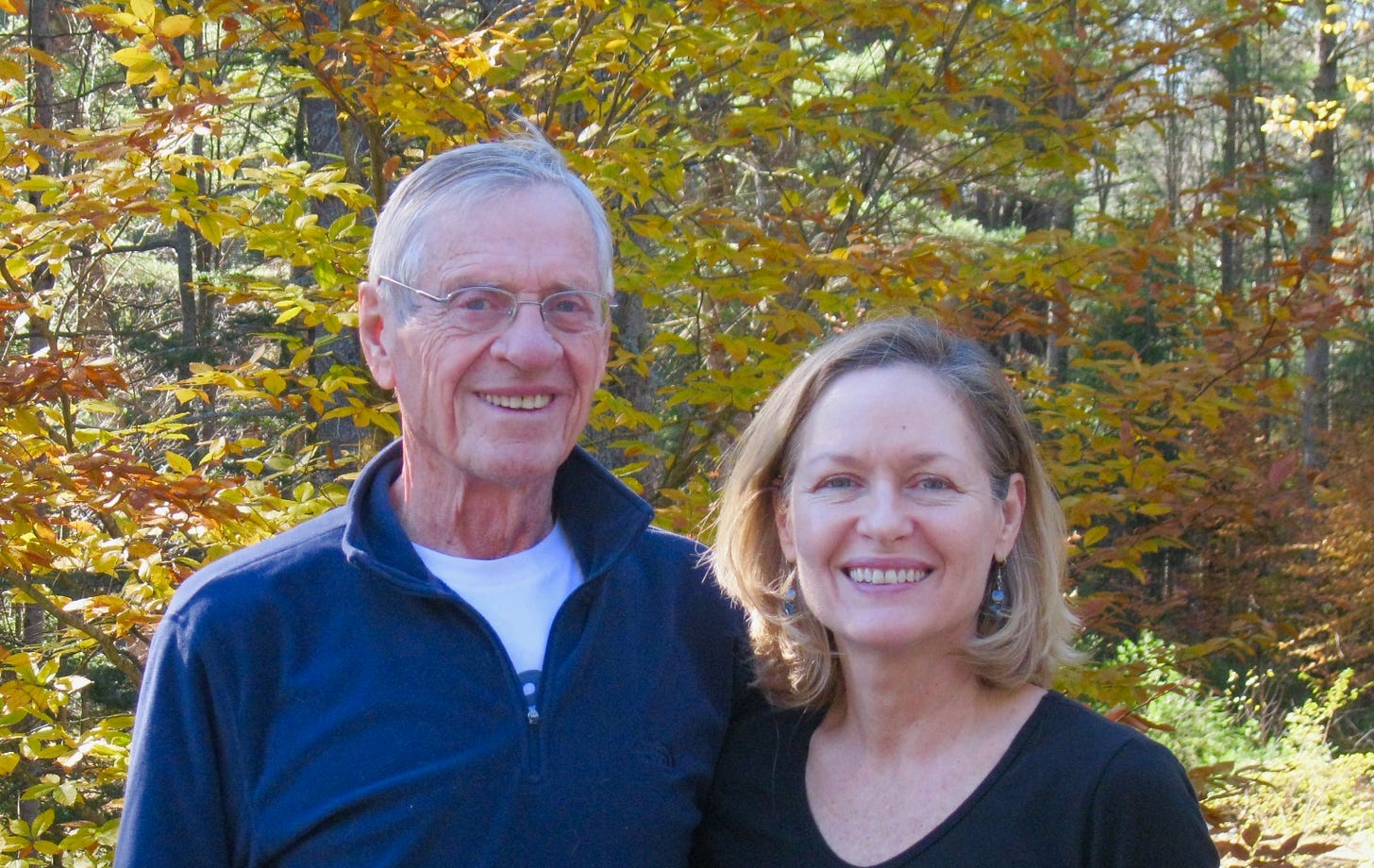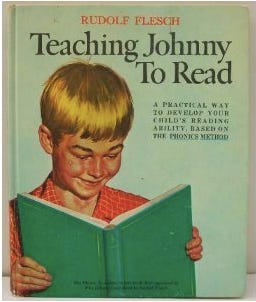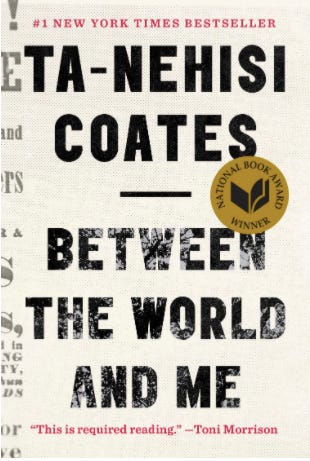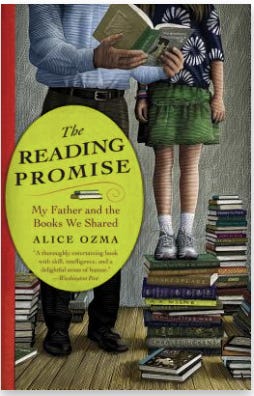"In spite of what your mother says, Betsy, if you have any talent for writing, it comes from family…But if you're going to be a writer," he went on, "you've got to read. Good books. Great books. The classics.”
― Maud Hart Lovelace, Betsy and Tacy Go Downtown
My father has forgotten that he was the one who taught me to read. So many memories are lost to him now and the parts he can summon back do not involve me. Perhaps this is a good thing; we have not always understood each other. Still, the loss cuts deeper with every long-distance phone conversation we manage to have. His voice remains familiar and strong even when his words scramble or desert him altogether while I sit on the other end straining for the meaning, the feeling, the context so I can somehow respond. Dementia is a thief, a kind of death-before-death where the man who helped to give me life disappears piece by piece, memory by memory until I’m no longer sure who is housed in his older but still resilient body.
But I still remember. I remember being four, sitting at a drafting table that my father set up in the hallway of my grandparents’ house where we lived then, a brand new copy of Teaching Johnny to Read spread out before us. This was the first time I had ever been singled out, caught in the beam of my father’s undivided attention. It was this that made me hungry for these lessons.
He sat close to me and I breathed in the familiar scent of cigarettes, Mennen deodorant, and Dentyne gum mixed with sawdust from his trips around the shop floor of the family woodworking business. I remember his delighted laugh when I first sounded out a three-letter word by myself: “CAN.” I remember the feeling of specialness that swelled in me every time I could offer him a newly-mastered, harder word. I remember the near-panic I had on the nights I waited until bedtime for him to get home only to go to bed crushed because he was too late, or too tired, or had just plain forgotten. I suspect there were times when, after a long hard day at work, he just wanted to be left alone. But he’d created a monster. I couldn’t stop.
By the time I was five, I could de-code big four-syllable words. I loved being the only kid in my kindergarten class who could do that. I loved reading the road signs out loud while riding in the cars of my aunts, grandparents, or the mothers of friends. And I was so proud of myself that day way back in 1961 when I discovered that I could sound out words with tricky endings like “tion.”
I was with all my siblings and my father in the rectory of the church where my youngest sister was about to be baptized. My mother was somewhere with the baby and the other relatives and my father, who is not Catholic, was conversing with a Father Nolan. I was bored and found a giant missal spread open across from them. There, I found a beauty of a word. Four syllables. It appeared several times on the page. So in my loudest, proudest five-year-old voice I sounded out
“Forn-i-ca-tion.”
The two men fell silent. The priest’s face grew very red. My father’s eyes got big behind his glasses. I sounded it out again, loving the feel of each syllable on my tongue. Then I said,
“Daddy, what does fornication mean?”
Suddenly my father couldn’t wait to leave the room. I remember being rushed along, full of questions he pretended not to hear until we were in the church and there was no talking allowed. It was years before I learned what that word meant.
He used to like to tell that story. He can’t anymore. But he likes to laugh. So tomorrow, when I call his assisted living facility to say Happy Father’s Day, I will tell him. I will remind him of the gift he gave me that opened a world of words and books to me, that made everything easier for me. I won’t mention that the title of the book he used to teach me, Teaching Johnny to Read, seems blatantly sexist now or that no one relies solely on phonetics to teach reading. We won’t talk about his vote in our last election or that letter he once wrote me that outlined a world view that rested on the assumption that some people were meant to be in charge and they were the elites -- and my discovery that basic literacy was intended for these elites and and to be kept from others. We won’t drum up any memories that hurt, or any business that went unfinished.
Instead I will try to make my father laugh. I will thank him and tell him how grateful I am. I hope that, in this way, reading will once again connect us.
What memories bubble up for you when you think of your father? Are there any books or stories that make you think of him as he was or is now, in a new light?
A few of the books Dad and I shared:
If the story had a ship, a wild ocean, my Dad would love it. I get seasick just thinking about a boat, but we bonded over the storytelling in Every book ever written by Patrick O’Brian from Master and Commander to three chapters of The Final Unfinished Voyage of Jack Aubrey that O’Brian managed to finish before he died. I never wanted to see the end of Aubrey and “his particular friend” Stephen Maturin and, in a way, we haven’t — it was fitting that their story stopped, in mid-sentence almost, like a pause. We knew them so well by that point that my father and I once spent a good hour imagining what happened next. If you’ve never read these novels, well that’s fine - they are not for everyone. But if you’d like to get a quick sense of the hold they can put on you, check out this short piece by David Mamet, a die-hard O’Brian fan.
And here is a book I would have liked to share with my father so we could learn together
“Black people love their children with a kind of obsession. You are all we have, and you come to us endangered.” ― Ta-Nehisi Coates, Between the World and Me (National Book Award)
This small book is written as a letter from Coates to his fifteen-year-old son. It throbs with concern as well as hope for his son and, as it does, takes the reader inside the world of a man growing up Black in America.
Other Father’s Day Reads
If anyone has read The Reading Promise: My Father and the Books We Shared by Alice Ozma, let me know what you think.
This is a book I meant to get years ago and will read this year. Here’s a review of the book which calls it “uneven” but the opening lines made me laugh. Then I read this interview with the author’s father who somehow likes books about Elvis Presley and has never read a page of his daughter’s book, and I’ve decided that I really want to know more about this pact between father and daughter that bonded them even as it sometimes chafed. It would be really interesting to hear how she views the book and her experience nine years later now that she is a parent herself.
And some short, thoughtful reads about fathering in the time of Covid-19 from The New York Times:
“A Father’s Impossible Promise” by Matt Gallagher and this piece about how quarantine offered one father a chance to sink into his role in a whole new way.
That’s it for this week. Let me know how you are doing, what you are wondering about, and what you are reading. It’s always really good to hear from you in the comments below or in my inbox. I am grateful for all of you.
I’ll add the books you’re reading or want to read to our list on Bookshop.org. If you’re prompted to add any of them to your collection, remember that every order from this list helps independent bookstores and can earn a little money over time that we can donate to literacy programs.
Stay well. Dive into a great read. Let’s talk.
Betsy
P.S. And now, your moment of Zen…father and child








